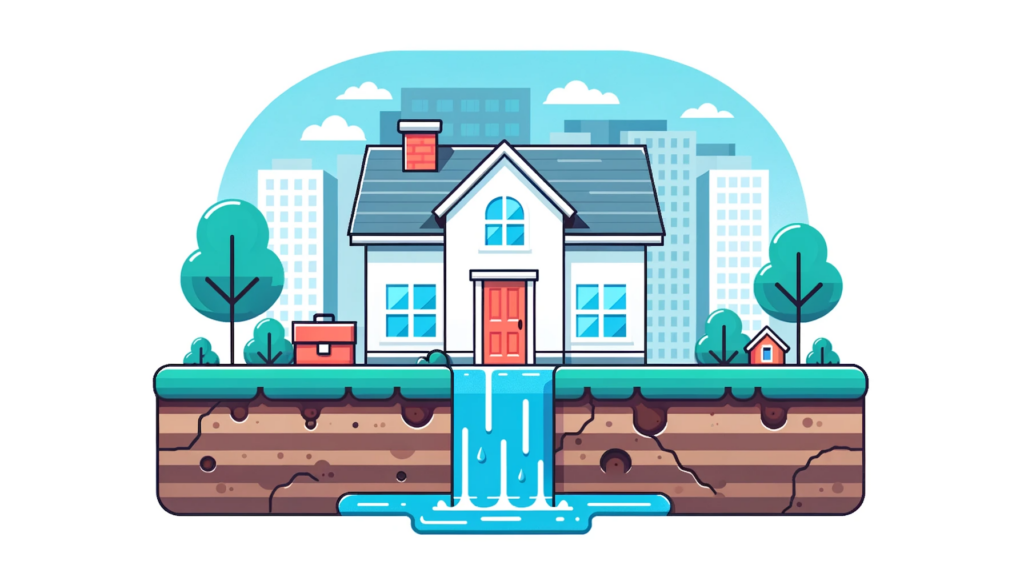
Call Today 09 973 4973 or
Gas Water Heaters: Installation and Maintenance
Gas water heaters are a popular choice for many homeowners due to their efficiency and the quick supply of hot water they offer. Whether you’re considering the installation of a new gas water heater or looking to maintain an existing one, understanding the nuances of installation and maintenance is crucial for ensuring optimal performance and safety. This section delves into the key aspects of gas water heater installation and the ongoing maintenance required to keep them operating efficiently and safely over their lifespan.
Installation of Gas Water Heaters
The installation of a gas water heater involves several critical steps that must be carried out with precision and adherence to safety standards. Initially, the selection of the right size and type of water heater is fundamental. The capacity should match the household’s hot water needs, considering the number of occupants and simultaneous usage demands. Tankless gas water heaters, for example, offer on-demand hot water and are more energy-efficient for some homes, while traditional tank models might be suitable for others based on usage patterns and space availability.
Professional installation is paramount, as gas water heaters require connection to both the home’s gas supply and the plumbing system. A certified and experienced technician will ensure that the gas line is properly installed and tested for leaks, the venting system is correctly configured to safely remove exhaust gases, and the water connections are secure. This expertise not only guarantees safety but also complies with local building codes and regulations, which can vary significantly.
Maintenance of Gas Water Heaters
Regular maintenance is essential to extend the lifespan of a gas water heater and to ensure it operates efficiently. An annual inspection by a professional is recommended to check for any signs of wear or damage, including checking the anode rod for corrosion, flushing the tank to remove sediment buildup, and inspecting the venting system to ensure it remains clear and functional. These steps help prevent common problems such as rust, leaks, and inefficiency, which can lead to higher energy bills and potential safety risks.
One of the most critical aspects of gas water heater maintenance is monitoring for gas leaks and carbon monoxide production. Even small leaks can pose significant safety hazards, so it’s important to have carbon monoxide detectors installed near the water heater and to ensure that the gas connections and pilot light are checked regularly. If a gas smell is ever detected, it’s crucial to turn off the gas supply and call a professional immediately.
Safety features on modern gas water heaters, such as temperature and pressure relief valves, also require regular testing to ensure they function correctly. These valves are designed to release water if the temperature or pressure inside the tank becomes too high, preventing potential explosions. Testing these safety features is a simple yet vital part of routine maintenance.
The installation and maintenance of gas water heaters are tasks that demand professional expertise to ensure safe and efficient operation. By investing in professional installation and adhering to a regular maintenance schedule, homeowners can enjoy the benefits of a reliable hot water supply while minimising the risk of safety issues and unexpected breakdowns. Proper care and attention to these appliances can significantly extend their useful life, providing warmth and comfort to your home for many years.
Suppliers




